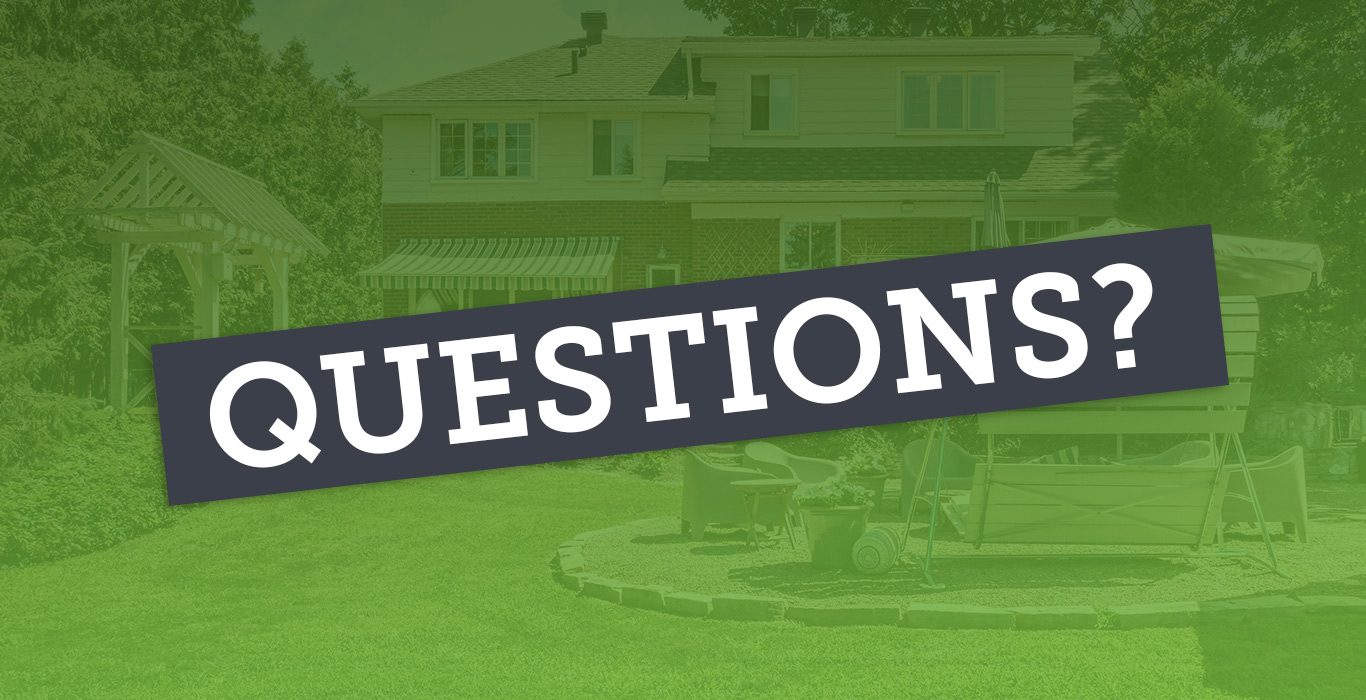How can I protect my rights regarding a shared driveway and other easements?

A: It is common in older urban areas to have a shared driveway between houses to access garages located in the backyard. In some instances "mutual" driveways have been used this way but have never been registered as an explicit right of way. If your rights regarding a shared driveway are not expressly stated in your property deed (or that of your neighbour), you may need to take action to ensure that you have a legal right of way into your back garage or parking area.
Right of ways are a type of easement that provide access across part of the neighbour’s land (or yours) for a specific purpose, and are related to both parcels of land. Your property survey plan will disclose if your land is subject to a registered easement and the particulars should be described both in your deed and the original easement document by which it was created.
Check your title documents for right of way descriptions and compare them with the locations shown on your survey plan. If your property has a right of way but the title record appears vague or inexact, you may be able to provide evidentiary documents to the Land Registry Office to have the record amended. If this approach fails to produce desired results, seek legal advice regarding your rights and the interests pertaining to your land.
Recent court cases have shown that the original intent of the easement - the specific use it was designed for - is paramount in determining the outcome of a boundary dispute regarding that easement.












